|
WHO: |
Fiddlehead Knob Farm |
||
| BUSINESS TYPE: | Organic mushroom solar powered farm | ||
|
SIGNATURE PRODUCTS: |
Blue oysters, lions mane, chesnut mushrooms, dehydrated mushrooms |
||
|
WHERE: IN-PERSON: WEBSITE: SOCIALS: |
LeRoy, Minnesota Rochester Farmer’s Market Vendor |
By Michelle M. Sharp, Founder and Content Creator of Meet the Minnesota Makers
 On a gentle slope in southern Minnesota that Rachel Davis’ grandparents called Poverty Knob, Kalvin, Rachel and their children raise a myriad of mushrooms at their ten acre certified organic solar-powered farm. Now the fourth generation to steward the land, their innovations in sustainable practices make year round fresh produce feasible in a responsible fashion.
On a gentle slope in southern Minnesota that Rachel Davis’ grandparents called Poverty Knob, Kalvin, Rachel and their children raise a myriad of mushrooms at their ten acre certified organic solar-powered farm. Now the fourth generation to steward the land, their innovations in sustainable practices make year round fresh produce feasible in a responsible fashion.
A LOVE STORY
Kalvin and Rachel fell in love with local food, and each other, while attending college at UW-Stevens Point. The thriving local farmers market scene  and opportunities to volunteer provided real world inspiration of what smaller producers could do. In the western mountains of North Carolina, Kalvin started his first mushroom-growing enterprise as a part of a biodynamic and organic farm where he worked after college.
and opportunities to volunteer provided real world inspiration of what smaller producers could do. In the western mountains of North Carolina, Kalvin started his first mushroom-growing enterprise as a part of a biodynamic and organic farm where he worked after college.
Rachel and Kalvin purchased Rachel’s grandparents’ farm when they moved back to Minnesota. Both originally from LeRoy, a town of approximately 900, coming home offered an opportunity to build their dream life within their community.
After returning to Minnesota in 2017 they began the work of updating the farm, which had sat idle for a number of years. Their love for foraging spring fiddleheads inspired the farm’s new name. Planting ferns creates an understory that shelters different kinds of logs for growing mushrooms outside.
“We have our own walking nature garden area. I keep planting everywhere to add to our forest farming capacity,” says Kalvin. They’re working section by section around the property to replace grass lawn with mulched raised beds. Currently about 1200 outdoor shiitake logs live under the pines.
Both Kalvin and Rachel work full time on the farm, fulfilling a shared dream. “The big idea for our farm was to build this around our family. We could have our kids at home. We could homeschool. We’re both here every day,” reflects Kalvin. “We’ve been building our lifestyle around our family and good food, local food. We’re so excited to see where it’s going to take us. We’re kind of in awe every day that this is what we get to do as a family working together. It’s been hard sometimes, but building this business around our family is a total joy.”
CREATING SUSTAINABLE SPACES
 Kalvin, a trained carpenter, converted the farm’s garage into an insulated production space for 150-200 pounds of mushrooms weekly. Their outdoor forest
Kalvin, a trained carpenter, converted the farm’s garage into an insulated production space for 150-200 pounds of mushrooms weekly. Their outdoor forest  farming space provides fertile growing space for more mushrooms, ferns and art installations.
farming space provides fertile growing space for more mushrooms, ferns and art installations.
Sleek Blue Oysters and puffy Lion’s Mane balloon from their logs. Stacked several shelves high, this dense space produces about several hundred pounds of food a week, every week.
In the summer of 2023 Fiddlehead Knob secured a federal grant through the Rural Energy for America Program (REAP). When combined with a second grant through the American Farmland Trust, the old homestead leapt into the 21st century with their solar installation.
“When you cultivate mushrooms inside, in order to have them available year round, it is inherently not sustainable,” explains Kalvin. “You use lots of power. There are all sorts of filters and fans that run in addition to lighting the space.” The economic impact of installing solar changed their farm’s monthly expenses radically. “We used to have $800 electric bills each month. Now we apply those financial resources to grow our business in other ways.”
Fiddlehead Knob continues to increase their annual production to better meet demand in southern Minnesota and northern Iowa. To continue their quest to do this sustainably, geothermal heating and cooling is part of the farm vision board. “This is super exciting,” shares Kalvin. “We could keep basically the entire grow space right around the 56 degree mark. We wouldn’t have to heat or cool much. That would be a pretty happy temperature for our mushrooms.”
ACCOUNTABILITY THROUGH COACHING
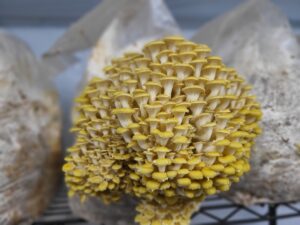 Fiddlehead Knob Farm is a graduate of the 2024 cohort of the Rural Business Innovation Lab. Established in 2022 by Community and Economic
Fiddlehead Knob Farm is a graduate of the 2024 cohort of the Rural Business Innovation Lab. Established in 2022 by Community and Economic 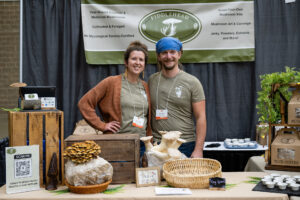 Development Associates (CEDA) RBIL is a cohort-based, entrepreneurial program that reverses the narrative of rural decline. Each cohort builds a peer network dense with ideas, expertise, and resources that help rural small businesses start and scale their work within their communities. Working in both Minnesota and Wisconsin, RBIL supports rural businesses in their growth to become sustainable drivers of economic health.
Development Associates (CEDA) RBIL is a cohort-based, entrepreneurial program that reverses the narrative of rural decline. Each cohort builds a peer network dense with ideas, expertise, and resources that help rural small businesses start and scale their work within their communities. Working in both Minnesota and Wisconsin, RBIL supports rural businesses in their growth to become sustainable drivers of economic health.
Accountability was a foundational asset of Kevin and Rachel’s work with RBIL. “We had the dreams and the means to build the things we wanted to build, but we were lacking in the business management side of things,” shares Rachel. “We were really excited about the prospect of having personalized coaches to help our business scale up. RBIL helped us to achieve so much more than we initially had thought we would get out of this experience.”
RBIL’s support made it possible for their farm to finalize their business plan, secure funding for their grow room expansion, achieve organic certification, increase their sales goals and undertake a rebranding to represent how their business has grown. “If you put in the work with RBIL, your business will be on a path to success. We can’t give them enough praise for all they have done for our business,” explains Kalvin.
TRY SOMETHING NEW
 Kalvin’s personal favorite mushroom that they grow is their chestnut. Gently fried, it adds a delightful crunch on top of a Ramen bowl. “It gives a squid or
Kalvin’s personal favorite mushroom that they grow is their chestnut. Gently fried, it adds a delightful crunch on top of a Ramen bowl. “It gives a squid or 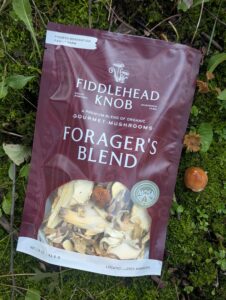 calamari vibe,” says Kalvin. His favorite to forage is hen of the woods. Kalvin describes it as the chicken leg as opposed to the chicken breast-like flavor found in the colorful chicken of the woods mushroom. “The best way to prepare hen of the woods is deep fried in a beer batter with a side of garlic aioli. It may not be the healthiest, but it’s so good.”
calamari vibe,” says Kalvin. His favorite to forage is hen of the woods. Kalvin describes it as the chicken leg as opposed to the chicken breast-like flavor found in the colorful chicken of the woods mushroom. “The best way to prepare hen of the woods is deep fried in a beer batter with a side of garlic aioli. It may not be the healthiest, but it’s so good.”
Fiddlehead Knob sells mushrooms, both foraged and cultivated, at the Rochester, MN farmers market. Enjoy their products at Iowa Food Hub, Marrow, Juniper’s Restaurant, Bebap, Bleu Duck, Pittsburgh Blue, Taste, Blazing Star Eats, Luna Valley Farm, and their Etsy store
Not local? Fiddlehead has dried and powdered mushrooms available on their website. Countertop grow kits let you witness and taste the magic of mushroom growing at home. Each kit yields two to four pounds of mushrooms.
GET IN TOUCH
 Follow @fiddleheadknob on Facebook and Instagram for website specials and recipe inspiration. Sign up for their newsletter for announcements about classes and workshops to grow your own mushrooms.
Follow @fiddleheadknob on Facebook and Instagram for website specials and recipe inspiration. Sign up for their newsletter for announcements about classes and workshops to grow your own mushrooms.
Contact Cameron Payne cameron.payne@cedausa.com at RBIL to learn more about the program. Visit  https://www.cedausa.com/ruralinnovation/ for a program overview.
https://www.cedausa.com/ruralinnovation/ for a program overview.
Follow @ruralbusinessinnovationlab on Instagram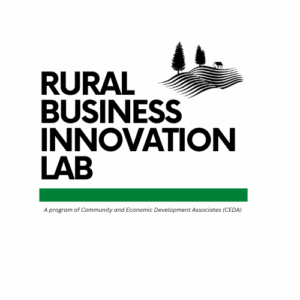
Follow CEDA on Facebook, Instagram, and LinkedIn.
Visit meettheminnesotamakers.com or follow @meettheminnesotamakers on Facebook and Instagram as well as Ambit and LinkedIn to discover the small business owners that make Minnesota an amazing place to be! Meet the Minnesota Makers is a news site that connects you to the local food, farms, artists and artisans that make Minnesota thrive.

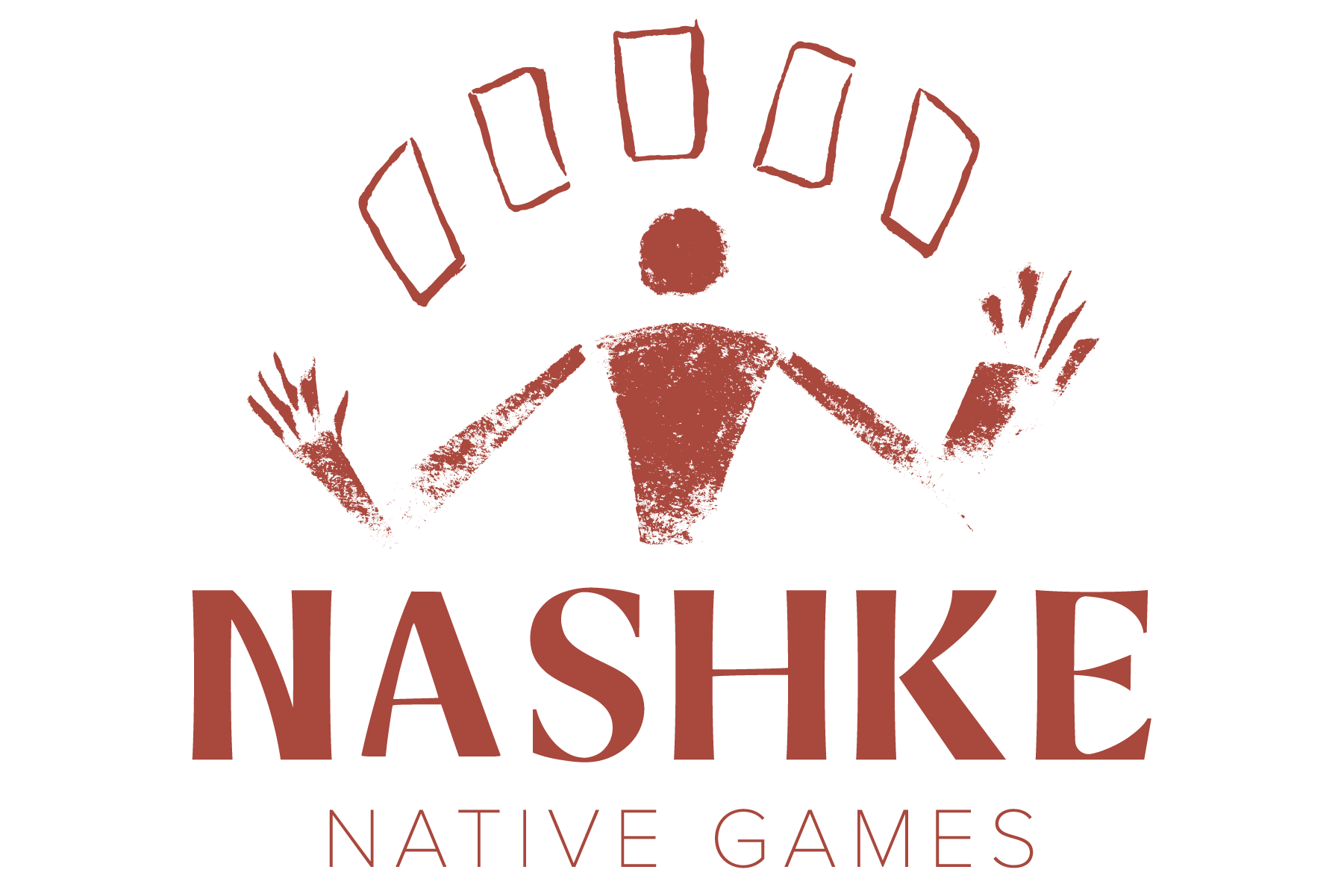



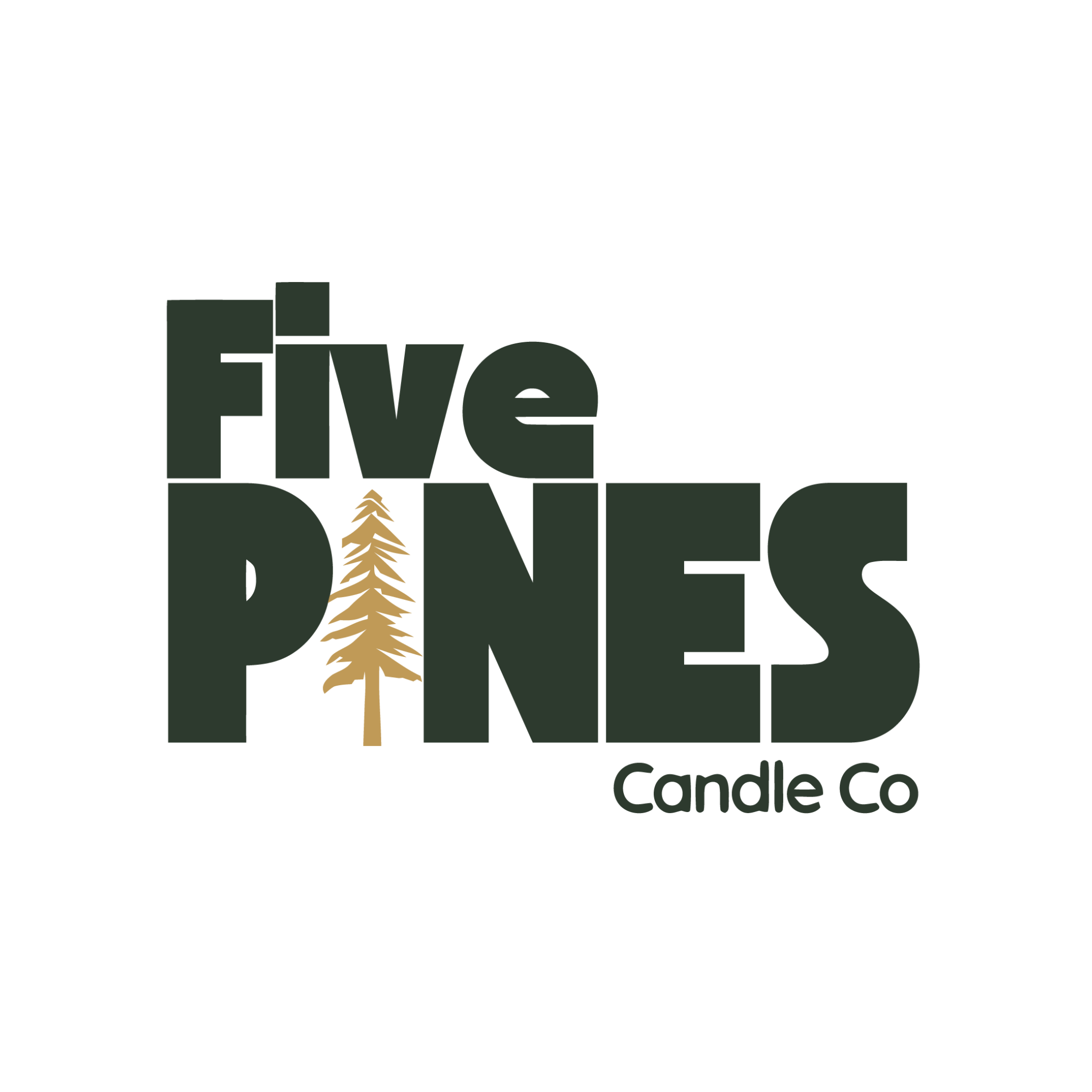
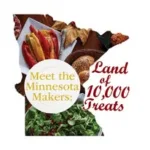

Love this page, it’s great to see your story on your life with mushrooms. I would love to know when you will have another tasting day. Not only to taste great food but to know where it can be obtained. Thank you for all you do!
Thank you Mary for your interest in Fiddlehead Knob Farm! Their solar-powered organically-grown mushrooms are part of the regular lineup at the Rochester and Decorah, IA farmers markets. You can also order select products through their website https://www.fiddleheadknob.com
Thanks for your interest, Mary! Yes like Michelle mentioned you can find us right now at the Rochester Farmer’s Market (open every other Saturday until the regular season resumes in May) or on our online store. If you have further questions and want to connect, feel free to shoot us an email: fiddleheadknob@gmail.com Thanks!